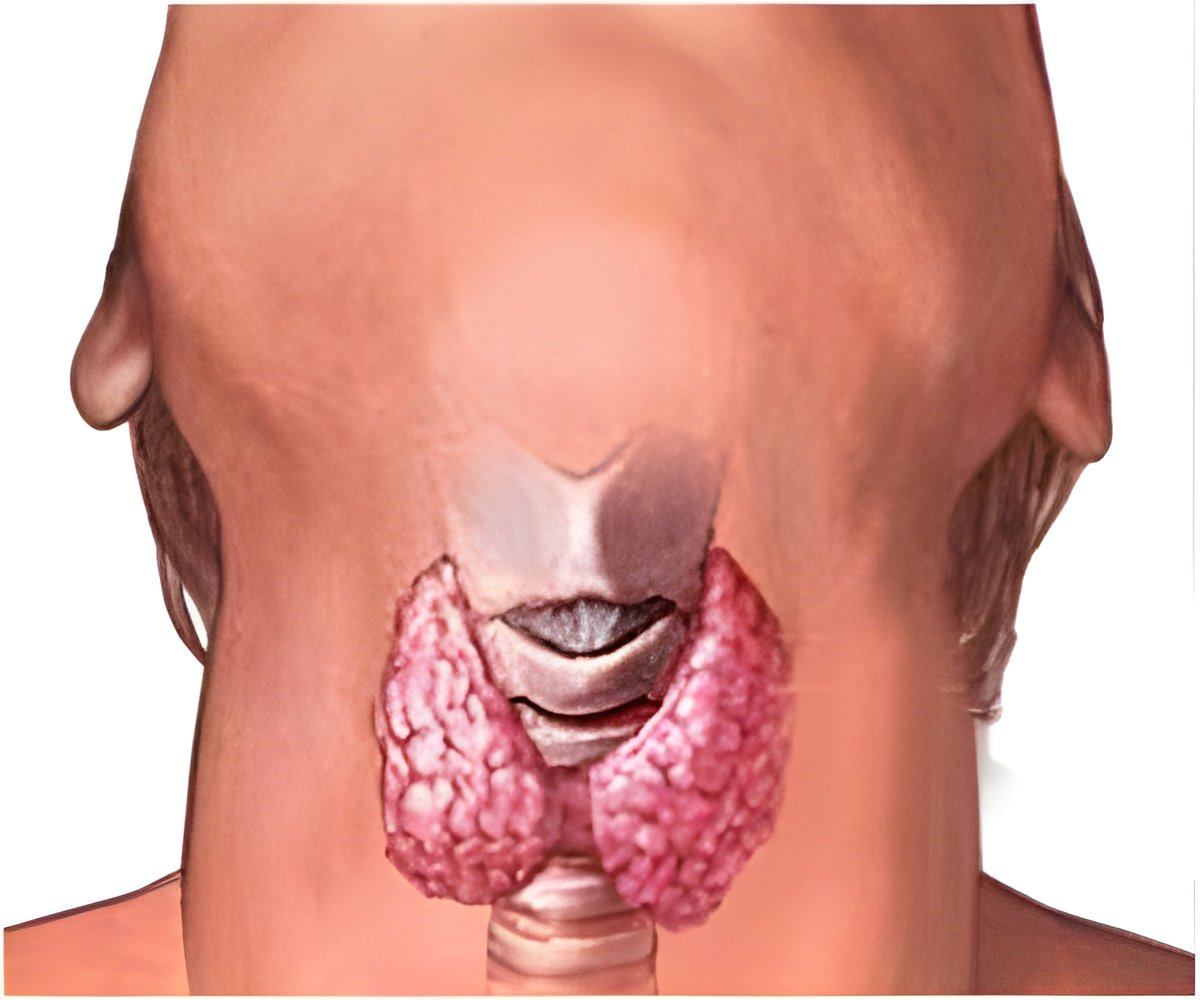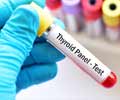
Dioxins and Human Toxicity
Go to source). They are produced through a variety of incineration processes, including improper municipal waste incineration, and burning of trash.
‘Preventing exposure to toxic chemicals and dioxins could help to reduce the levels of thyroid-stimulating hormone (TSH) and improve thyroid function. #Thyroid gland #environmental pollutants #hormones’





They can be released into the air during natural processes, such as forest fires and volcanoes. Strict regulatory controls on major industrial sources of dioxin have greatly reduced emissions into the air.How Does Dioxin Affect the Thyroid Gland Function?
Today people are exposed to dioxins primarily by eating food, in particular animal products, contaminated by these chemicals. Dioxins are absorbed and stored in fat tissue and, therefore, accumulate in the food chain.More than 90 percent of human exposure is through food, according to the National Institute of Environmental Health Sciences. Recently, scientists have begun to study the potential impact of exposure to environmental chemicals, such as dioxins, on thyroid function.
Thyroid dysfunction affects a significant portion of the population and can have a range of adverse health effects. Previous studies of the relationship between dioxin exposure and thyroid function have produced inconsistent results.
In the new study, the researchers used three different statistical methods to investigate the combined effects of 20 environmental dioxins on thyroid function. They used data from the National Health and Nutritional Examination Survey (NHANES) from 2007 to 2010.
A total of 20 dioxins and levels of thyroid stimulating hormone (TSH) were measured in the blood of 2,818 adults. The researchers found that dioxins were significantly associated with high TSH. A high TSH level indicates that the thyroid gland is not making enough thyroid hormone (2✔ ✔Trusted Source
Relationships of Thyroid Hormones with Polychlorinated Biphenyls, Dioxins, Furans, and DDE in Adults
Go to source).
Advertisement
References:
- Dioxins and Human Toxicity - (https://sciendo.com/article/10.2478/10004-1254-61-2010-2024)
- Relationships of Thyroid Hormones with Polychlorinated Biphenyls, Dioxins, Furans, and DDE in Adults - (https://ehp.niehs.nih.gov/doi/10.1289/ehp.10179)
Source-Eurekalert















